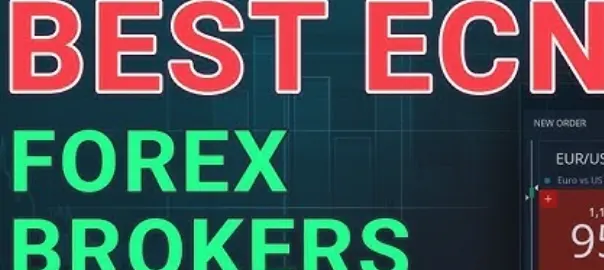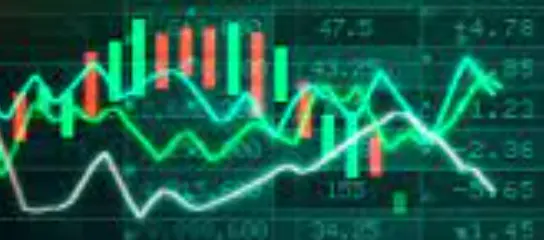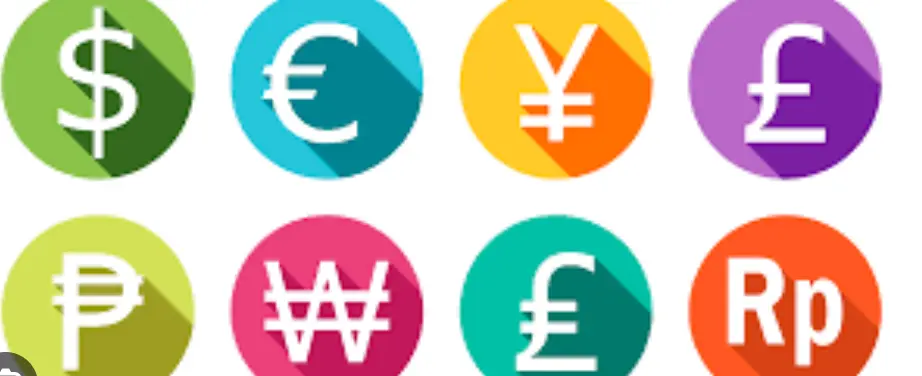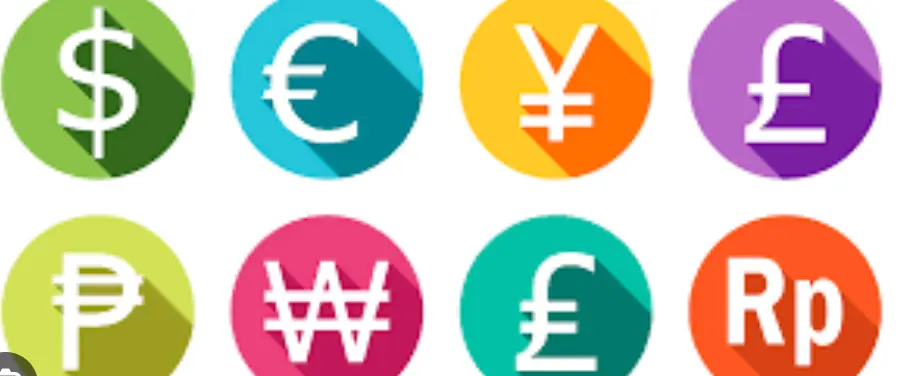What Is Day Trading and How Does It Work?
Day trading is a speculative trading strategy where financial instruments are bought and sold within the same trading day, aiming to capitalize on short-term price movements. This approach contrasts with longer-term investment strategies, focusing instead on rapid execution and frequent transactions.











